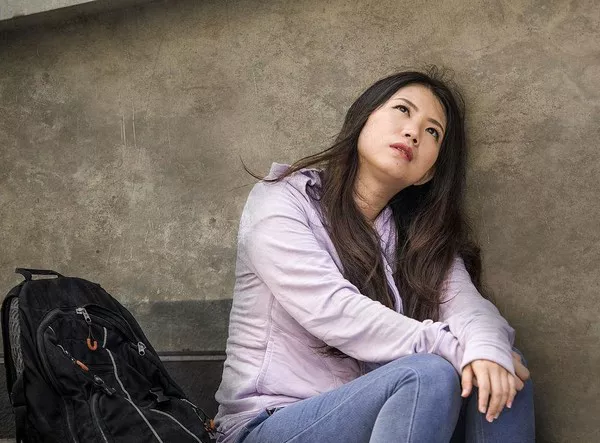A recent report by the Kaiser Family Foundation (KFF) reveals a concerning rise in mental health issues and treatment disparities in the U.S., particularly affecting people of color. The report highlights an increase in suicides and drug overdoses during the COVID-19 pandemic, with these fatal outcomes disproportionately impacting minority communities.
In New Mexico, rates of anxiety and depressive disorders are slightly higher than the national average. The state also saw a significant spike in drug overdoses during the pandemic, with deaths nearly doubling from 599 in 2019 to 1,052 in 2022.
Suicide rates have also been rising in both the U.S. and New Mexico since at least 2011. In 2022, New Mexico recorded 525 suicides, with males accounting for the majority of these deaths. Nationally, suicides have increased most rapidly among people of color, younger individuals, and those living in rural areas.
State Senator Jerry Ortiz y Pino, chair of the Senate Health and Public Affairs Committee, expressed concern over widespread shortages in behavioral health services. He noted that many treatment facilities are operating below capacity due to staffing shortages and emphasized the need for more culturally competent therapists in New Mexico.
The KFF report underscores that people of color often struggle to find therapists who understand their experiences. Ortiz y Pino suggested that the state create an educational pipeline to produce more behavioral health therapists from local communities and streamline the licensing process for both new graduates and out-of-state professionals. He also advocated for increasing Medicaid reimbursement rates to make the profession more financially viable.
Ortiz y Pino proposed expanding day treatment programs, where individuals could live at home but receive daily treatment at a facility. He argued this approach could reduce costs associated with round-the-clock residential care.
Cost remains a significant barrier to accessing mental health services, particularly for communities of color. Deidre Yellowhair, a research assistant professor at the University of New Mexico (UNM), pointed out that the shift to telehealth during the pandemic highlighted the need for better infrastructure to support these services.
Negative or unfair treatment also deters many people of color from seeking mental health care. Thomas Anthony Chavez, another assistant professor at UNM, explained that mental health research has traditionally focused on white populations, leading to institutional biases that impact minority groups.
Chavez emphasized the importance of considering cultural differences in mental health treatment. He noted that traditional practices and family structures in communities of color often differ significantly from those of white middle-class communities. For instance, multigenerational households, common in many tribal communities, can be misinterpreted as a lack of autonomy rather than a protective factor.
Yellowhair, who also directs a program on historical trauma, stressed that past policies and historical events have shaped the interactions between communities of color and various systems, including healthcare. She called for a “multisystemic cultural shift” that includes more representation of people of color in licensing boards and professional organizations, and greater acceptance of Indigenous traditional knowledge.
Both Chavez and Yellowhair highlighted the need for grassroots-level support and funding for culturally relevant mental health services. They argued that imposing a one-size-fits-all approach to wellness is ineffective and that funding should be directed toward community-based solutions that respect and incorporate traditional practices.
The KFF report and insights from local experts like Ortiz y Pino, Chavez, and Yellowhair underscore the urgent need for systemic changes to address mental health disparities and improve access to culturally competent care in New Mexico and beyond.
Related topics:





























